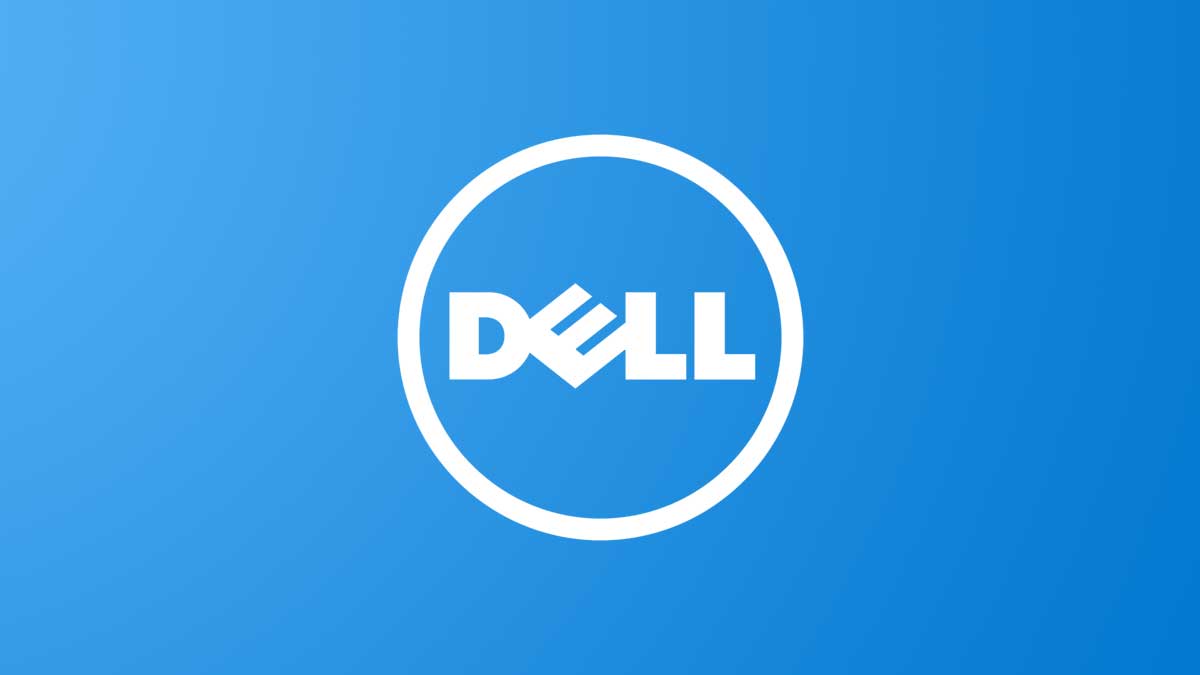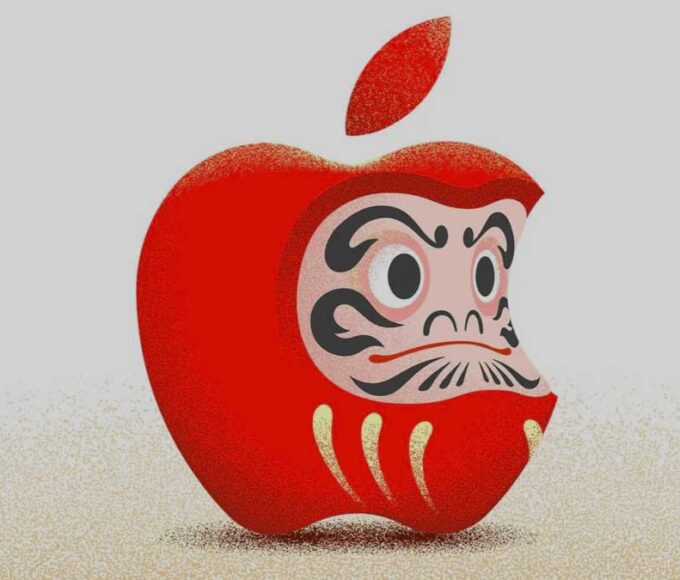- Home
- Billionaires
- Investing Newsletters
- 193CC 1000
- Article Layout 2
- Article Layout 3
- Article Layout 4
- Article Layout 5
- Article Layout 6
- Article Layout 7
- Article Layout 8
- Article Layout 9
- Article Layout 10
- Article Layout 11
- Article Layout 12
- Article Layout 13
- Article Layout 14
- Article Sidebar
- Post Format
- pages
- Archive Layouts
- Post Gallery
- Post Video Background
- Post Review
- Sponsored Post
- Leadership
- Business
- Money
- Small Business
- Innovation
- Shop
Recent Posts
Dell and HP Shares Drop 12% on Weak Forecasts

Shares of personal computer giants Dell Technologies and HP Inc. dropped sharply on Wednesday, each losing approximately 12% of their value after issuing lower-than-expected earnings forecasts for the current quarter. The downturn marked a significant setback for HP, representing its worst single-day performance in more than three years. Dell’s shares fell to around $124 by mid-afternoon, marking their steepest decline since a 17.8% drop on May 30, 2023. Meanwhile, HP’s stock dropped to just above $34, putting it on track for its most significant loss since March 2020, when shares tumbled over 14% in a single day.
Dell, whose fourth quarter began on November 2, projected revenue for the period to range between $24 billion and $25 billion, with adjusted earnings of $2.50 per share. These figures fell short of analyst expectations of $25.5 billion in revenue and $2.65 per share in earnings, according to FactSet. Similarly, HP’s outlook revealed an anticipated first-quarter earnings per share of $0.70 to $0.76, well below analysts’ projections of $0.85 per share. HP’s first quarter commenced on November 1.
The weaker-than-expected forecasts underscored broader challenges in the PC market, where demand for personal computers has plateaued. While both companies had seen significant gains earlier in the year, fueled by optimism surrounding artificial intelligence (AI) and advances in computing, the latest forecasts suggest a slowdown in momentum. Investor sentiment soured quickly, as evidenced by the sharp selloff.
Despite the disappointing projections, Dell’s Chief Operating Officer Jeff Clarke highlighted the growing importance of AI to the company’s future. He described the AI market as a “robust opportunity” with “no signs of slowing down,” but cautioned that the growth trajectory of Dell’s AI business “will not be linear” due to the complexities of a rapidly evolving market. Dell’s focus on AI has already yielded substantial results, including $2.9 billion in AI server order backlog and $800 million in AI server sales earlier this year, demonstrating its strong foothold in this emerging field. However, these advancements were not enough to offset concerns about the immediate-term outlook.
Dell’s third-quarter performance offered a mix of positives and negatives. The company reported earnings of $2.15 per share, exceeding analyst estimates of $2.06. However, its revenue of $24.4 billion fell slightly short of the $24.67 billion projected by analysts. While these results showcased Dell’s resilience in some areas, they were overshadowed by the weaker guidance for the upcoming quarter. HP, on the other hand, has faced challenges with slower-than-expected sales of upgraded Windows operating systems, which CEO Enrique Lores had previously identified as a potential growth driver. According to Reuters, sales have largely stagnated, raising concerns about the company’s ability to capitalize on future opportunities in the PC market.
Before Wednesday’s sharp declines, Dell’s stock had risen by 89.5% this year, reflecting strong investor confidence driven by its AI initiatives and record-high stock performance earlier in the year. HP’s shares had also gained more than 31% in 2023, buoyed by similar optimism. However, the steep losses highlight how quickly market sentiment can shift when companies fail to meet expectations.
The market downturn also impacted Dell founder and CEO Michael Dell, whose personal fortune dropped by approximately $7.1 billion on Wednesday. Despite the setback, he remains one of the world’s wealthiest individuals, with a net worth estimated at $103.7 billion. The significant financial impact underscores the high stakes involved in the tech sector, where rapid changes in market conditions can have far-reaching consequences.
The broader challenges facing Dell and HP reflect a maturing PC market, where traditional drivers of growth are giving way to new opportunities, such as AI. While the pandemic initially boosted sales of personal computers due to remote work and digital transformation, demand has since cooled. Both Dell and HP have sought to pivot toward AI and other high-growth areas, but the transition remains a work in progress.
For now, Dell and HP’s disappointing forecasts signal the need for a recalibration of expectations in an increasingly competitive and uncertain market. Both companies have demonstrated an ability to adapt to changing conditions, but their ability to execute on long-term strategies will be critical in restoring investor confidence. In the meantime, the sharp decline in stock prices serves as a stark reminder of the volatility and unpredictability that define the technology industry.
Recent Posts
Categories
- 193 Countries Consortium Partner1
- 193cc Digital Assets2
- 5G1
- Aerospace & Defense48
- AI37
- Arts3
- Banking & Insurance11
- Big Data3
- Billionaires1,261
- Boats & Planes1
- Business332
- Careers13
- Cars & Bikes79
- CEO Network1
- CFO Network17
- CHRO Network1
- CIO Network1
- Cloud10
- CMO Network18
- Commercial Real Estate7
- Consultant1
- Consumer Tech194
- CxO1
- Cybersecurity73
- Dining1
- Diversity, Equity & Inclusion4
- Education7
- Energy8
- Enterprise Tech29
- Events11
- Fintech1
- Food & Drink2
- Franchises1
- Freelance1
- Future Of Work2
- Games149
- GIG1
- Healthcare79
- Hollywood & Entertainment203
- Houses1
- India’s 1000 Richest1
- Innovation46
- Investing2
- Investing Newsletters4
- Leadership65
- Lifestyle11
- Manufacturing1
- Markets20
- Media327
- Mobile phone1
- Money13
- Personal Finance2
- Policy569
- Real Estate1
- Research6
- Retail1
- Retirement1
- Small Business1
- SportsMoney42
- Style & Beauty1
- Success Income1
- Taxes2
- Travel10
- Uncategorized13
- Vices1
- Watches & Jewelry2
- world's billionaires1,230
- Worlds Richest Self-Made Women2
Related Articles
HBO and Cablevision Founder Charles Dolan Dies at 98
Charles Dolan, the visionary founder of HBO and Cablevision, passed away at...
By 193cc Agency CouncilDecember 30, 2024Bitcoin Reaches $100K, But Altcoins Outperform in 2024
Bitcoin’s performance in 2024 was nothing short of historic, as it crossed...
By 193cc Agency CouncilDecember 28, 2024Apple Unveils Limited-Edition Year of the Snake AirTag in Japan
In an announcement that will likely leave Apple enthusiasts excited but also...
By 193cc Agency CouncilDecember 27, 2024Mega Millions Jackpot Hits $1.15B; Winner Faces Major Taxes
The Mega Millions jackpot has soared to an estimated $1.15 billion, following...
By 193cc Agency CouncilDecember 26, 2024















Leave a comment